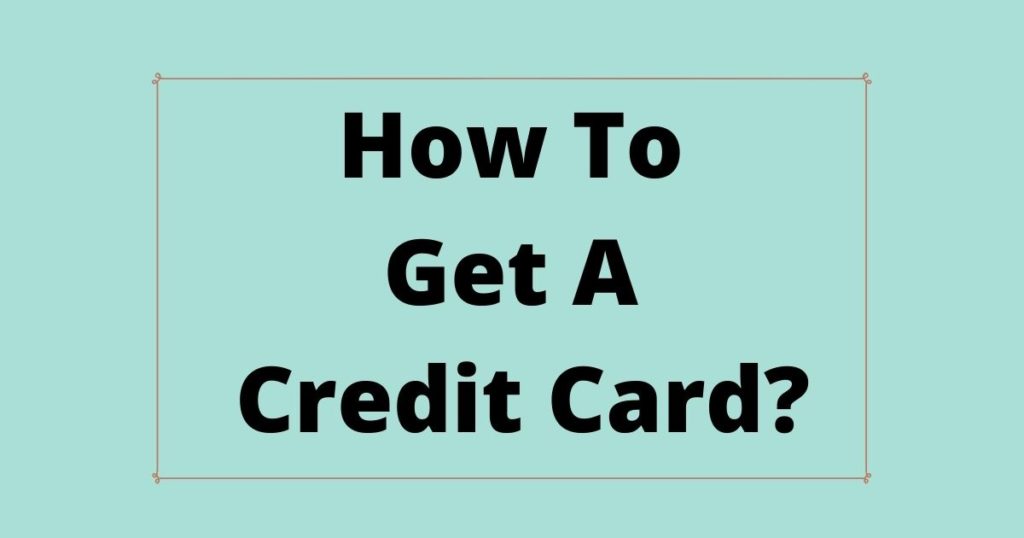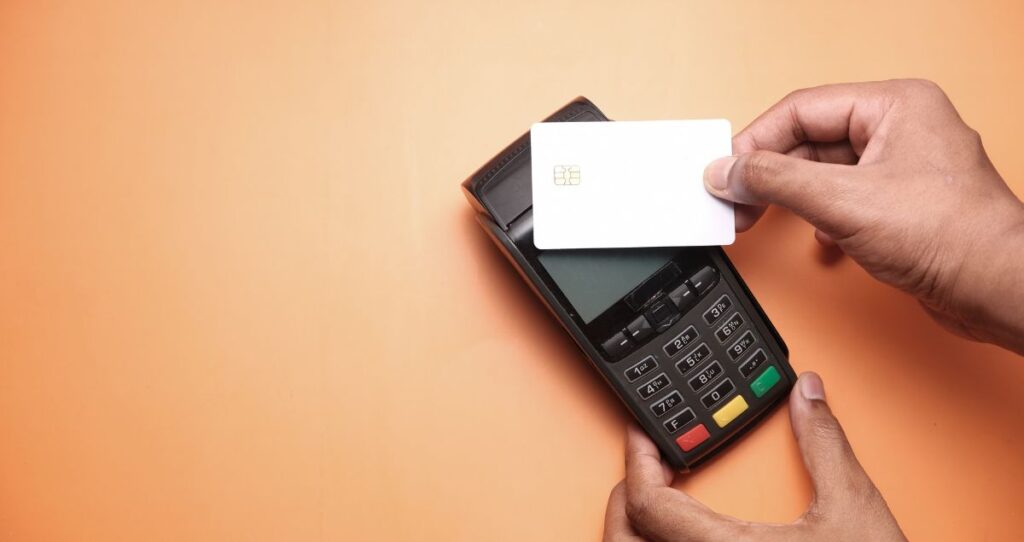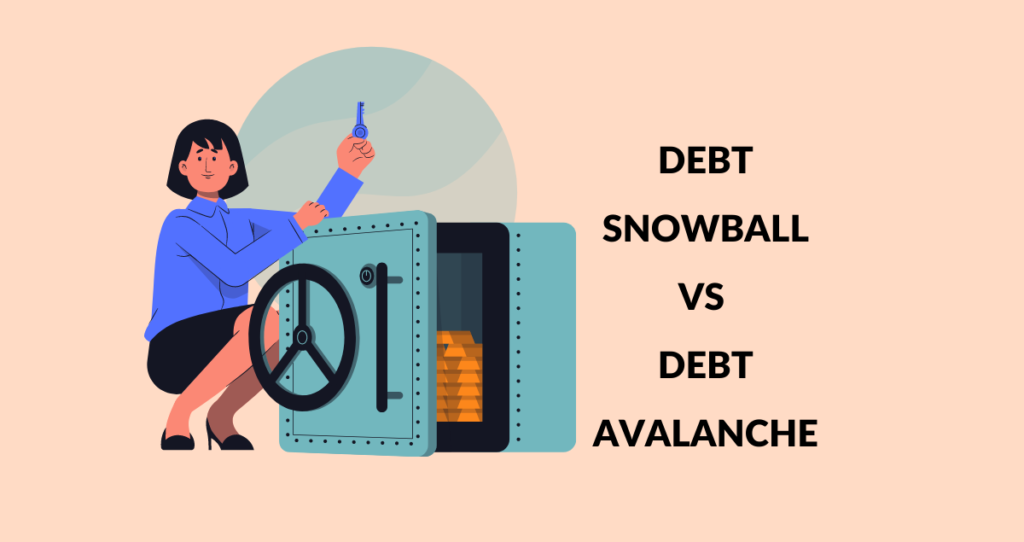Yes, closing a credit card can hurt your credit. If you have a credit card you are not using, it is a good idea to keep the account open. This is because closing a credit card can hurt your credit score especially when you close an older credit card that has a higher credit limit. Learn how closing a credit card can hurt your credit and the right way to close your credit card.
Instead of closing your credit card account, keep it open and put a small purchase on it. For example, a small recurring expense such as a $5 monthly streaming service can keep your credit card active. This will lower the risk of getting your card closed by your credit card issuer due to inactivity.
Closing your credit card is not always a bad idea. There are times when the smartest choice is to close your credit card and be done with it. It will all depend on the type of card you have and its terms.
For example, if you are not using a credit card that comes with an annual fee, it will be a bad idea to keep this account open. You don’t want to pay a fee for something you are not using. Keep in mind that closing your credit card might lower your credit score. But it is best to fix the damage than continuously giving free money to the bank.
Closing a credit card does not always affect your credit score
Many people believe that when you close a credit card, your credit score automatically goes down. This is not always true. There are times when you can close a credit card without affecting your credit.
For example, if you have a good credit mix, and carry no balance on all your credit cards(you have a $0 balance), closing a credit card, especially a new account will not affect your score. This is because your credit utilization will not be affected by the card you canceled and having a good credit mix will keep your credit intact. Furthermore, being a new account means that it has little to no impact on the age of your credit.
How does closing a credit card hurt your credit score?
Yes, your credit score might go down when you close your credit card. There are a few factors that will determine the number of points you will lose on your credit score after closing your credit card.
These factors include your card’s limit, the age of the card, and your current credit score.
By default, closing an older credit card with a higher credit limit will have the most impact on your credit score. This is because your credit utilization could skyrocket due to a steep decrease in your credit limit when you carry a balance. In addition, the age of your credit and credit mix could also be affected. Closing a credit card will also have more impact on your credit score when you have a thin credit file or a bad credit score.
The lack of an established credit history makes it harder for lenders to trust your financial decisions. In other words, you pose more risks compared to someone with many years of credit account activities. That is why your credit score might go much lower when you close a credit card account before establishing enough credit history.
When you have a good credit score, closing a credit card might not cause a big ding on your credit score. A good credit score indicates that you have an established credit history, the age of your credit is good, and possibly have a good credit mix. As a result, closing a credit card will more likely have less impact on your credit score.
Things to do before closing a credit card account
- Cancel your automatic payment. Most people use automatic payments on their credit cards to avoid missing payments or late payments on their credit reports. It is also possible that you automatically pay your bills using your credit card. Make sure that your automatic payments are canceled before closing a credit card.
- Redeem all your rewards. Credit card companies offer different rewards such as miles, points, and cashback. Before you close your credit account, redeem these rewards. For example, you can use the cash back to pay the remaining balance on your credit card, transfer them into your bank account, or use them for shopping. If you have points, convert them into their cash equivalent and then redeem them. You can also use other means to redeem your points and miles. After closing your credit card, you might not be able to access your account. Which might lead to losing your rewards.
- Pay off all balances on the credit card you want to close. Closing a credit card does not erase your balance. The money you owe on the account must be paid off in full whether you close your account or keep it open. After closing the card, you might not easily be able to access your account and make your payments. For this reason, you should never close a credit card account until after your card balance is fully paid off. Your balance might include current credit usage, accrued interest charges, balances you carried over from previous billing cycles, charges, etc. Your account should be clean before closing your credit card.
When should you cancel your credit card?
Even if there is a risk of lowering your credit score when you close your credit card; there are times you should close your credit card account. The following are a few exceptions when it makes sense to cancel our credit card.
- You are paying an annual fee. If you are paying an annual fee that is too much to handle, you might need to cancel your credit card. Yes, your credit score might go lower after canceling your account. But you will put an end to giving free money to your credit card issuer. Always remember that the annual fee on your credit card is like poking a hole in your wallet.
- You experience a life event. Life events such as divorce or death in a family can occur anytime. Such an event can require that your finances be separated or restructured because keeping your credit card open might no longer be financially feasible. For this reason, you can cancel the credit card and deal with the outcomes later.
- You no longer need the credit card. If you no longer need your card, it will be wise to close it. When it comes to credit cards, it is always a good idea to only have the cards you need. Any extra card might lead to financial setbacks down the road. For example, if you had a student credit card and recently graduated college, you might need to get an upgrade or cancel your credit card. Keeping a student credit card open after graduation is also possible, but your credit limit will remain low and your perks will be limited.
- You don’t get good customer service. By default, you should never conduct business with companies that have bad customer service. If your credit card issuer does not treat you right, walk away.
How long will canceling a credit card affect my credit score?
Even if you lose a few points on your credit score when you close a credit card; these effects do not last long. As long as you make your payments on time and respect the terms of your credit card, you should regain all points you lost on your credit score in about six months.
Alternatives to closing a credit card
Before closing a credit card, evaluate your alternatives. Most lenders will agree to give you a better card that reflects your current financial needs. Instead of closing the account, call the card issuer and ask for a different card that matches your needs.
For example, if you were going to close your card due to an annual fee, your lender might be willing to downgrade your credit card and waive this fee. Another good example is when you have a secured credit card. Instead of closing this credit card, you can request an upgrade from the same lender. Most credit card issuers will agree to upgrade a secured credit card to a normal card after building enough credit history, improving your credit score, rebuilding your credit, and showing that you can pay your bills on time.
How to cancel a credit card the right way?
The way you cancel your credit card might determine how your credit gets affected. Although it is sometimes a bad idea to cancel a credit card, there are proper ways to cancel your card without causing a lot of damage to your credit and finances. Use the following tips to cancel your credit card the right way.
Tips to close a credit card the right way
- Make sure that your balances are fully paid. Before you cancel a credit card, pay off all balances on the card. It might be a bit harder to pay the remaining balance on the card after closing it.
- Cancel automatic payment. If you pay your balances automatically, make sure that you cancel this automatic setup. You don’t need your bank to keep linking on a closed account.
- Cancel auto pay for services you use the card for. If you pay some of your bills such as utility bills or streaming services automatically using your credit card, cancel the automatic payments. After closing your account these payments will not go through. For this reason, you might end up with late payments, fees, and charges from different businesses.
- Redeem your rewards. If you have rewards such as miles, points, and cashback, redeem them before closing the account.
- Call your credit card issuer. Call your card issuer and tell them that you want to close the account. They should be able to help you close the account. You can also close the account online from your credit card issuer’s website.
- Get a confirmation that your credit card has been canceled. After closing the account, it is best to get a confirmation from your card issuer that the account has been successfully closed. To get a confirmation, email your credit card issuer or give them a call. Having a copy of this confirmation is always important for future use.
- Shred your credit card and discard it. After canceling your credit card, it will be of no use to you. So, shred the card and discard it.
- Double-check your credit reports. Check your credit reports to make sure that the account is closed. After one or two billing cycles, your credit reports should show that your account is no longer active.
The bottom line
By default, closing a credit card will hurt your credit. This is because your credit utilization, the age of your credit, and your credit mix might all be affected after closing the account. As a result, your credit score might go down in short term right after canceling a credit card. If done right, canceling a credit card will not affect your credit. For example, if you have no balance on any of your credit cards and have a good credit mix, closing a new credit card will pretty much have no impact on your score.
Before closing a credit card, consider the alternatives. keeping your credit card open might benefit you especially when you are trying to build credit or repair your credit. A small recurring purchase can easily keep your account open for as long as possible. If you choose to permanently close your credit card, follow proper procedures to avoid further damage to your credit and finances in general.







